Page Contents
Vitamin C Toxicity: Is it Safe to Take More?
By Arturo Galindo, Cert. Nutritional Therapist
Is there a vitamin C toxicity? This is the first question you want to answer before you start taking larger amounts.
My family and I have used much larger than the official recommended amounts for over 10 years now. It has helped us take fewer drugs, better fight disease and enjoy better health.
But is vitamin C toxic at any amount? Has anyone died from taking too much vitamin C? Are there any safety considerations? Have any doctors used large amounts? What’s their experience?
In this article, I will answer these questions to help you decide if you want to leverage the therapeutic power of vitamin C.
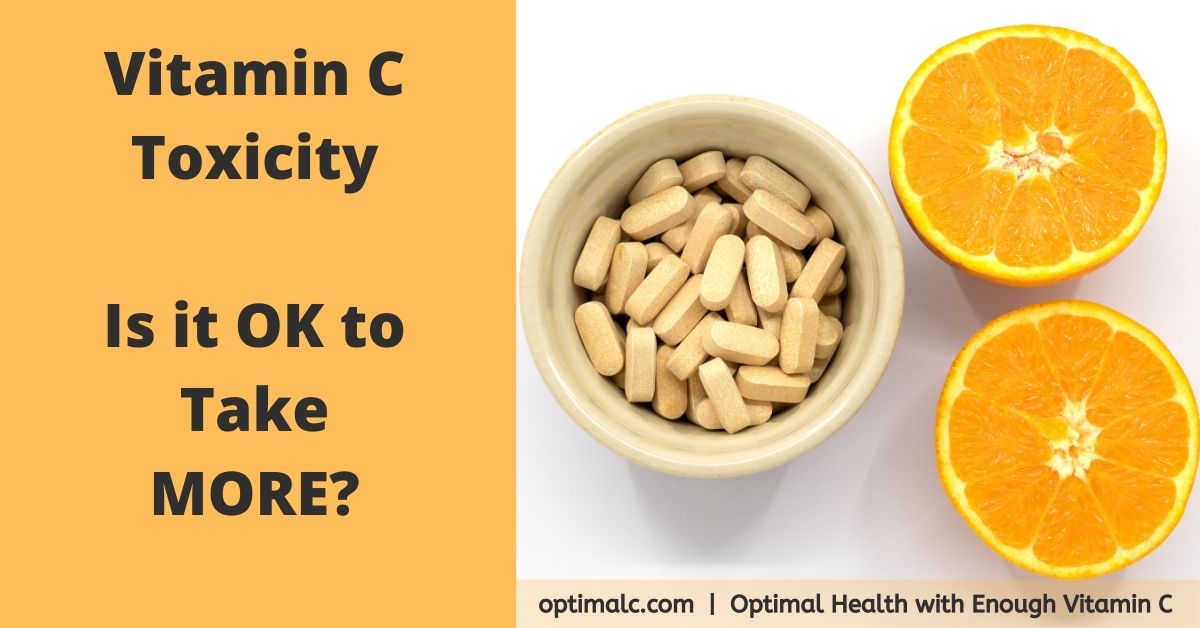 Vitamin C Toxicity and Safety. Vitamin C has no toxicity level but there are a few safety considerations when taking larger amounts.
Vitamin C Toxicity and Safety. Vitamin C has no toxicity level but there are a few safety considerations when taking larger amounts.We've prepared this short video for you. You'll learn what our site is about and how you can use this information to improve your health...
Subscribe and Get Our Free eBook!
 |
Important: Ascorbic acid or vitamin C is more than a vitamin. |
Vitamin C Toxicity
Let me start by saying that there is no vitamin C toxicity. This is because there is no toxicity level defined for ascorbic acid or vitamin C.
Not one person has died from taking too much vitamin C.
By way of comparison, 16,500 people die each year by taking anti-inflammatories. This includes aspirin and other non-steroidal anti-inflammatory drugs.
Vitamin C or ascorbic acid is a GRAS substance. It's Generally Recognized as Safe (GRAS) by the Food and Drug Administration (FDA).
This means that is not subject to review and approval by the FDA because experts consider vitamin C safe.
It's a natural substance that is in many food sources and is separated from food and used in supplements. It's also widely used as a food preservative because of its antibacterial and antiviral properties.
Vitamin C Safety Studies
There are no double-blind clinical studies on using large amounts of vitamin C.
But several scientific studies show that the use of large amounts of vitamin C is safe. Here are some of these studies:
- This study concludes that very high intakes of vitamin C are well tolerated
- This other study gives evidence that large amounts of antioxidants are safe. The amounts used were much larger than the RDA values for vitamin C, vitamin E, and beta-carotene.
- This study also found no adverse effects when ingesting large amounts of vitamin C
Doctors Experience Using Large Doses
Many doctors have used vitamin C to treat people with chronic diseases. Here’s a list of some of the early vitamin C pioneers:
- Dr. Frederick Klenner used massive doses of vitamin C against viral diseases for over 40 years in his practice. This includes chickenpox, measles, mumps, tetanus, and polio.
- Dr. Robert Cathcart treated over 25,000 patients with several autoimmune disorders. He used bowel tolerance doses of vitamin C.
- Dr. Ewan Cameron treated many terminally-ill cancer patients with high dose vitamin C.
- Dr. Abraham Hoffer used vitamin C as an effective treatment for schizophrenia, high cholesterol, and alcoholism.
- Dr. Hugh Riordan used vitamin C to treat cancer patients.
Today, many doctors and alternative clinics continue to use vitamin C as an effective treatment for many chronic diseases. These doctors are not worried about vitamin C toxicity.
Scare Stories
There have been several scare stories related to vitamin C over the years. These stories appear from time to time and create medical myths that are not true.
Here are the Criteria and Recommendations for Vitamin C Intake. This research paper was published in the Journal of American Association (JAMA).
It states the following:
“Harmful effects have been mistakenly attributed to vitamin C, including hypoglycemia, rebound scurvy, infertility, mutagenesis, and destruction of vitamin B12. Health professionals should recognize that vitamin C does not produce these effects.”
Vitamin C Safety Considerations
As mentioned earlier, there is no vitamin C toxicity. But there are some real safety considerations for using very large amounts of vitamin C.
These safety considerations apply to people that have rare medical conditions. They do not apply to the vast majority of people.
If you have one of these conditions, it’s wise to consult with your doctor before taking large amounts of vitamin C.
G6PD deficiency
This is a rare genetic disorder. It results when the body lacks enough of the enzyme glucose-6-phosphate dehydrogenase (G6PD).
When given high dose intravenous Vitamin C, hemolysis has been reported in people with rare G6PD deficiency. Hemolysis is the destruction of the red blood cells which can result in anemia.
Some vitamin C experts have questioned the validity of these contraindications.
Dr. Carthcart suggested that this was because IV ascorbic acid was used, instead of sodium ascorbate. He treated thousands of patients with large doses of IV intravenous vitamin C.
Excess iron
This is a rare hereditary condition called hemochromatosis. It’s an iron overload disease, that results in the body storing excess iron. Rare reactions to vitamin C have been reported in such cases. (Hickey, p64)
Dr. Cathcart also questions the validity of this contraindication. He treated two patients with hemochromatosis with no problems.
Kidney disease
The idea that vitamin C increases the risk of stones formation is controversial.
In fact, several vitamin C experts think vitamin C reduces the risk of developing stones.
What are the Real Risks?
The National Institutes of Health (NIH) sets recommended daily intakes for vitamins. They place a huge weight on the dangers of overdosing with vitamin C or reaching a vitamin C toxicity level.
This is theoretically possible, but it has not been proved. Again, not one person has died from taking too much vitamin C, whether from food or supplements.
There are plenty of people taking large amounts of vitamin C, including me and my family. If there’s something to worry about, I want to know first since we’ve taken large amounts of vitamin C for over 10 years now.
Here's an interesting question.
What are the dangers of not taking enough vitamin C?
Answer: You may have an increased risk to develop other chronic diseases if you don’t take enough vitamin C.
This is a real risk that is not factored into the criteria that the NIH uses for calculating RDA values.
For example, did you know cancer patients have one of the lowest levels of vitamin C in the blood?
Should You Take More Vitamin C?
This is a question that only you can answer. Every person is different. The research shows most people need enough vitamin C to prevent and fight disease... not just to prevent a nutritional deficiency.
Unless you have one of the very rare conditions listed above, there is no reason to worry. This is according to vitamin C experts based on the research and experience in using large doses.
Here's a summary on vitamin C toxicity and vitamin C safety:
- There is no vitamin C toxicity level. Not one person has died from taking too much vitamin C.
- The low RDA values are for all people. They completely ignore biochemical individuality.
- The low RDA values for vitamin C are to prevent people from dying of scurvy, which is a severe vitamin C deficiency. They are not the amounts of vitamin C that most people need for optimal health... based on the research and experience from vitamin C experts.
- The National Institute of Health (NIH) places a huge weigh on the risks of taking large amounts. It ignores the risks of not taking enough vitamin C.
Each person should check risks and benefits before taking any drugs or supplements. Your knowledge of your own body and current state of health should inform this analysis.
The risk-benefit analysis should also help you answer the question:
Are the risks of taking large amounts of vitamin C small compared to the risks of not taking enough?
For me and many other people, the answer is yes, absolutely!
Sources
- Hickey S., Roberts H. (2004) Ascorbate, The Science of Vitamin C
- PubMed - Biomarkers for establishing a tolerable upper intake level for vitamin C.
- PubMed - How 'safe' are antioxidant vitamins?
- PubMed - Safety of antioxidant vitamins and beta-carotene.
 |
By Arturo Galindo I have used vitamin C and nutrition for over 10 years to end my chronic diseases and help my family stay healthy. Learn about our story. |
Subscribe and Get Our Free eBook!
Follow us on Social Media!
How do you feel about what you just read?
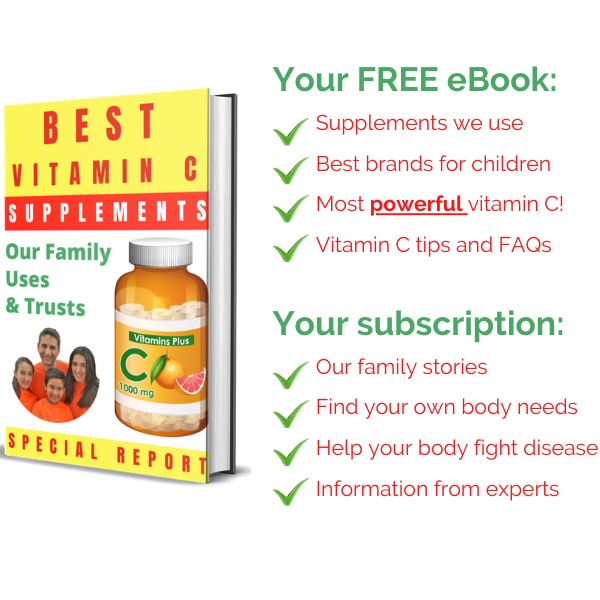
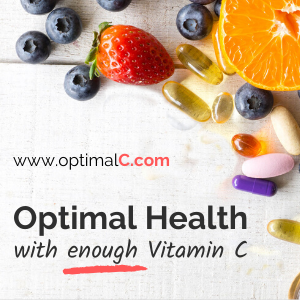

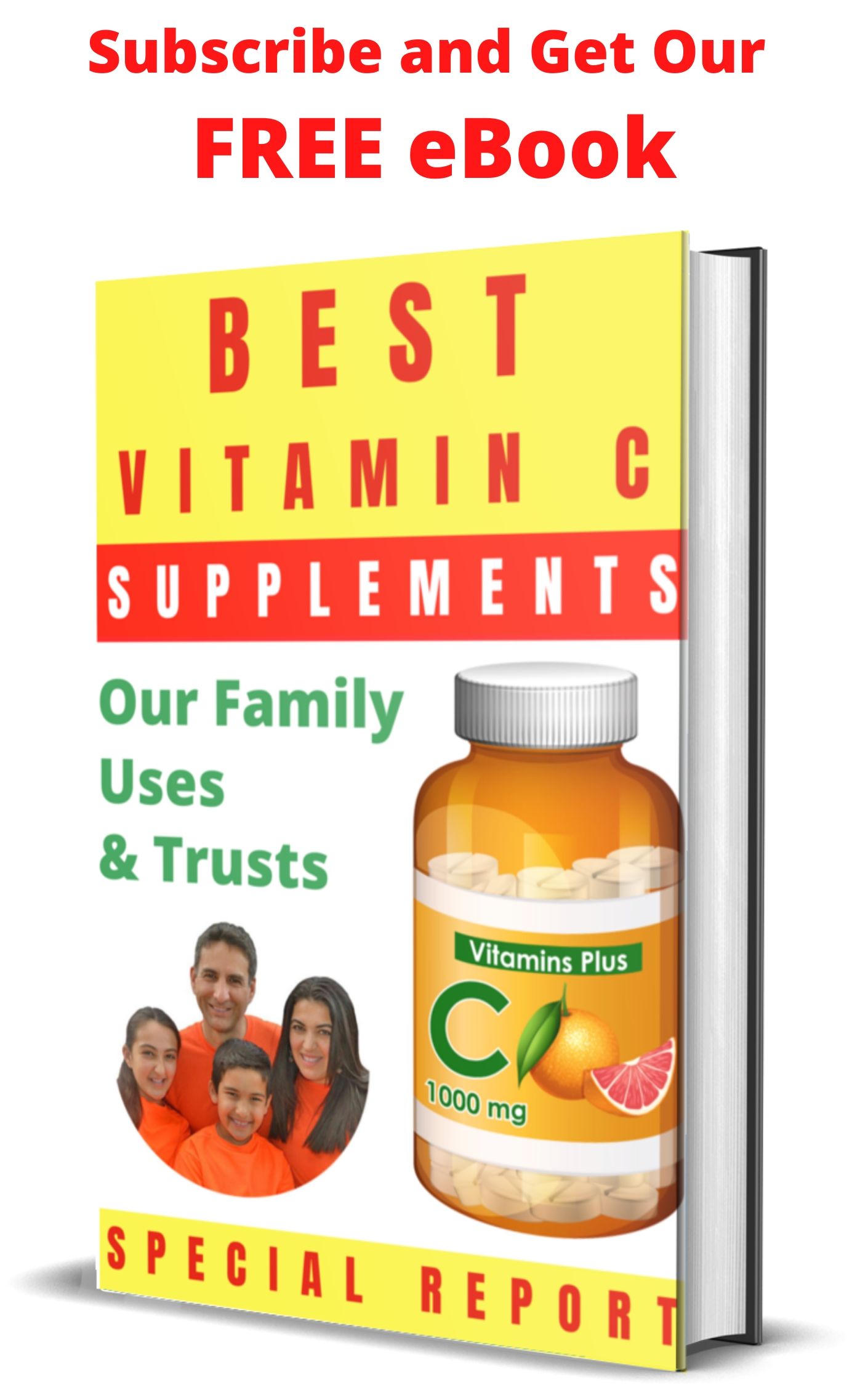


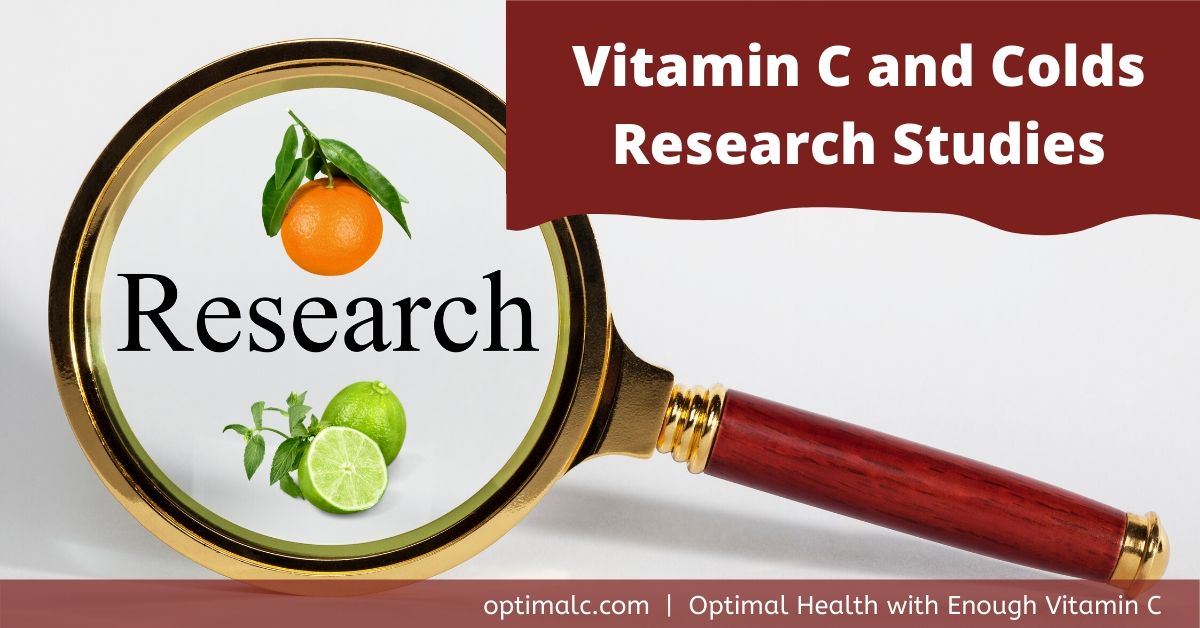
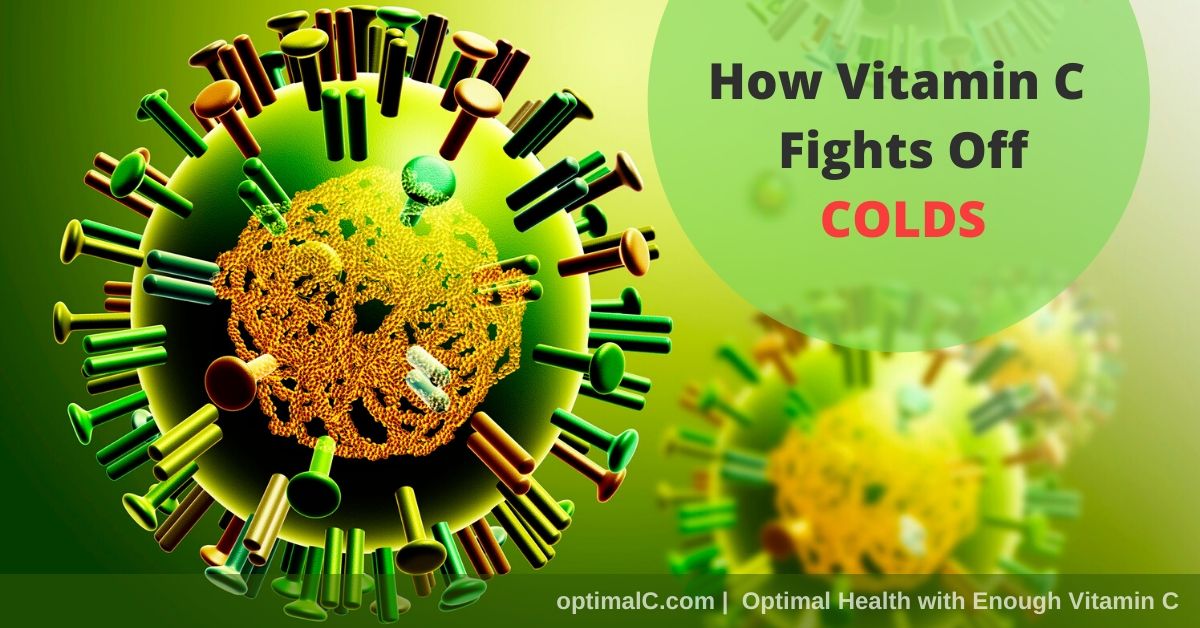
Facebook Comments
Have your say about what you just read! Leave a comment in the box below.